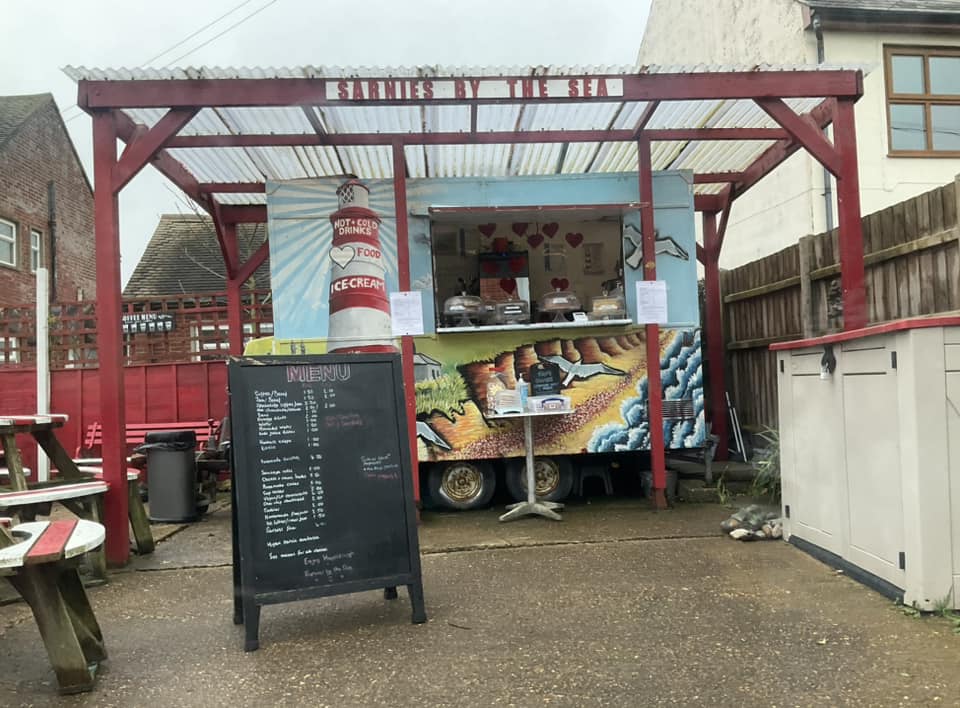Heritage Futures for World Heritage Cities
2024-09-25
In the context of the 17th World Congress of the Organisation of World Heritage Cities (OWHC) in Cordoba, Spain, 24-27 September 2024, Cornelius Holtorf ran a Heritage Futures Workshop for 21 elected politicians and world heritage managers from the Belgium, Hungary, Germany, Korea, Luxembourg, Netherlands, Poland, Sweden, and the US.
Two days before the workshop, UN member states had assembled in New York for the UN Summit of the Future where they passed a joint Pact for the Future. The Pact does not only acknowledge culture as an “integral component of sustainable development” but also calls for more “evidence-based planning and foresight” to improve the wellbeing of current and future generations. That makes developing modes of long-term governance and futures literacy even more urgent for the cultural heritage sector and World Heritage.

In our participative workshop (one group pictured at work above), we were together exploring in detail how cultural heritage relates to specific futures and how futures thinking can enhance the management of World Heritage Cities today. Participants enhanced their capability of imagining alternative futures and reflected on how their World Heritage Cities can contribute to finding innovative solutions for a better tomorrow.
During the Congress we also enjoyed a festive occasion in the Mezquita-Catedral de Córdoba including speeches by local, regional, and national politicians and a performance of Beethoven’s Symphony #9.




[…] The new funding for this and a number of additional smaller projects, means that the Climate Heritage Network is…
[…] Chair on Heritage Futures « Culture, cultural heritage and COP26 […]
[…] mer på Unescoprofessurens blogg http://blogg.lnu.se/unesco/?p=1061 Besök Öland 2050! […]